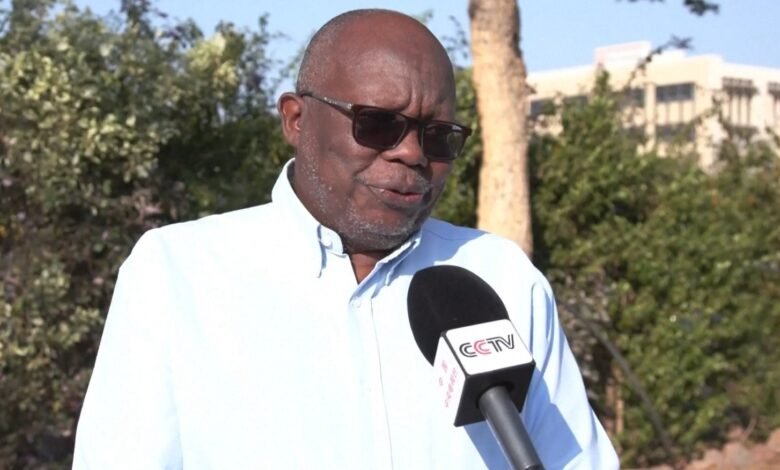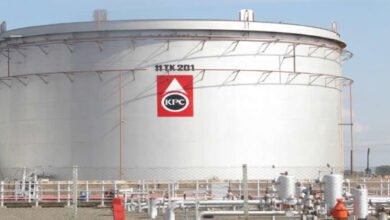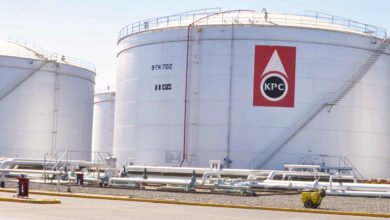
Botswana’s economy is grappling with steep U.S. tariffs, prompting the southern African nation to accelerate diversification and cut reliance on a narrow export base, the head of its chamber of commerce said Monday.
Norman Moleele, chief executive officer of Business Botswana, the country’s main chamber of commerce, said Botswana is treating the crisis as a catalyst to advance economic transition and explore alternative markets to cushion the impact of U.S. trade measures.
Moleele noted that while U.S. tariffs on Botswana were reduced in August to between 10 to 15 percent from the initial 37 percent following diplomatic efforts, the current rate still significantly erodes the competitiveness of Botswana’s products in the U.S. market.
He emphasized that blocked exports would directly undermine job creation, adding that Botswana is actively negotiating with partners such as China and tapping into the African Continental Free Trade Area (AfCFTA) to secure reliable alternative markets.
“If we are unable to export what we manufacture in which we thought would create employment, certainly then employment will be affected.
We are negotiating, we’re looking for alternative markets, we’re talking to countries like China, we are part of the Africa free trade area, we are finding markets, developing markets in different areas of the world, to see to it that they are alternatives that we can rely on,” said Moleele.
He highlighted that the government is pushing domestic reforms aimed at streamlining investment procedures and diversifying the economy.






Hello my loved one I want to say that this post is amazing great written and include almost all significant infos I would like to look extra posts like this
That is the suitable weblog for anybody who desires to find out about this topic. You realize so much its virtually exhausting to argue with you (not that I truly would need…HaHa). You positively put a new spin on a subject thats been written about for years. Great stuff, simply nice!
**mindvault**
mindvault is a premium cognitive support formula created for adults 45+. It’s thoughtfully designed to help maintain clear thinking
Very nice layout and great content material, very little else we require : D.
What i don’t realize is actually how you’re not really much more well-liked than you may be right now. You’re very intelligent. You realize thus considerably relating to this subject, produced me personally consider it from so many varied angles. Its like women and men aren’t fascinated unless it’s one thing to accomplish with Lady gaga! Your own stuffs outstanding. Always maintain it up!
It’s actually a nice and useful piece of info. I am glad that you shared this useful information with us. Please keep us informed like this. Thanks for sharing.
Some really nice and utilitarian info on this website, also I conceive the design has excellent features.